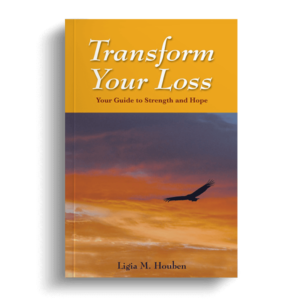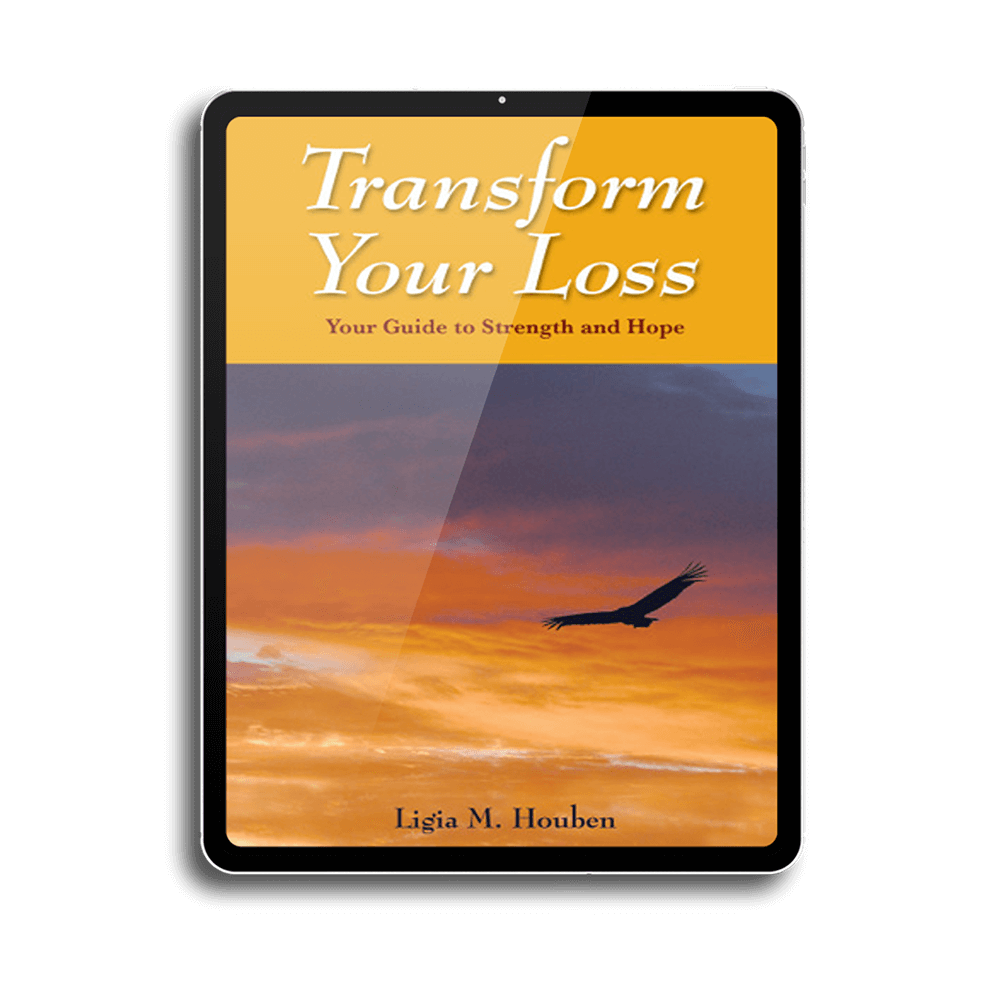When we face the death of a loved one, we are expected to grieve.
It is natural. Now, what about when we face a challenging and
devastating life transition, such as a divorce? Going through a
divorce can turn our lives upside down, leaving us baffled, and
without strength and hope. How can we continue? Do we need
a plan of action? Do we need help to pick up the pieces?
When the relationship dies, we often feel lost or without direction.
We face the death of our marriage. And for many it is very
difficult to face or accept. Even if it lasted only a few years, for
many people, a broken marriage is a source of disappointment,
pain, and, fear for the future . Furthermore, because when people
get married they are not planning to get a divorce, when this
happens, it can represent a loss. And, when we experience a loss,
the natural response is to grieve. So, if you are confronting a
divorce, how can grief coaching help you? Is it the same as
counseling?
By definition, counseling pays a lot of attention to the past and the
causes of the emotional rollercoaster. Coaching, on the other
hand, is a development process that can help you move from where
you are now, to where you want to go. Although, it takes into
consideration what has happened in the past, coaching uses it, as a
springboard, to move forward into your new life path. So, instead
of dwelling in the past and staying in a dark place, you can use this
experience as a feedback of what worked and did not, as you find
strategies to plan your life with joy and empowerment. I suggest
you do not ignore your feelings when confronted with a divorce. In
my book Transform Your Loss. Your Guide to Strength and Hope,
I talk about the importance of acknowledging and….expressing our
feelings…as what we ignore doesn’t cease to exist. It is only
repressed.
Remember, what you ignore does not cease to exist, it is only
repressed. You do not have to pretend nothing has happened.
Validate your feelings, process them, and release them. It is a
process and it is different for each person. Still, what matters most
is to know you have choices.
The most challenging step may be to accept your new transition,
your divorce. Still, unless you accept your new reality, you may
find yourself stuck in the past. It may not be easy, but it is
possible. Yes, you can be empowered after a divorce. You may
find resources inside of you that were not in your awareness and
become in a stronger, wiser, and more loving person. It has to do
with focusing on what you still have instead of focusing on what
you have lost. It is up to you.
When you face a divorce you close a chapter in your life, but your
life doesn’t end! In front of you is a path that you can walk down
with strength and hope. This is one of the reasons I like to call this
type of coaching, Grief and Growth, because you can transform
your divorce into personal growth. The choice is yours.
Remember, as you transform your loss or transition….you
transform your life!
Ligia M. Houben




